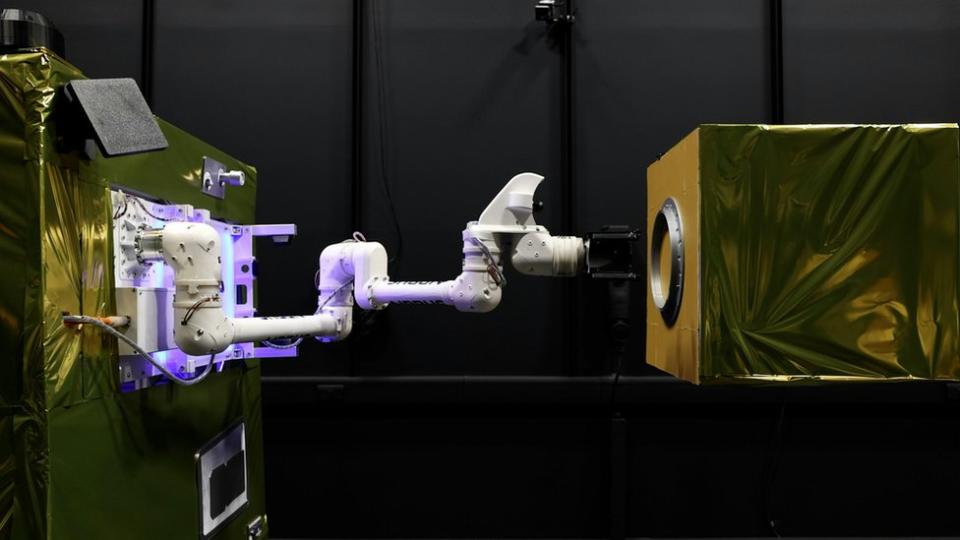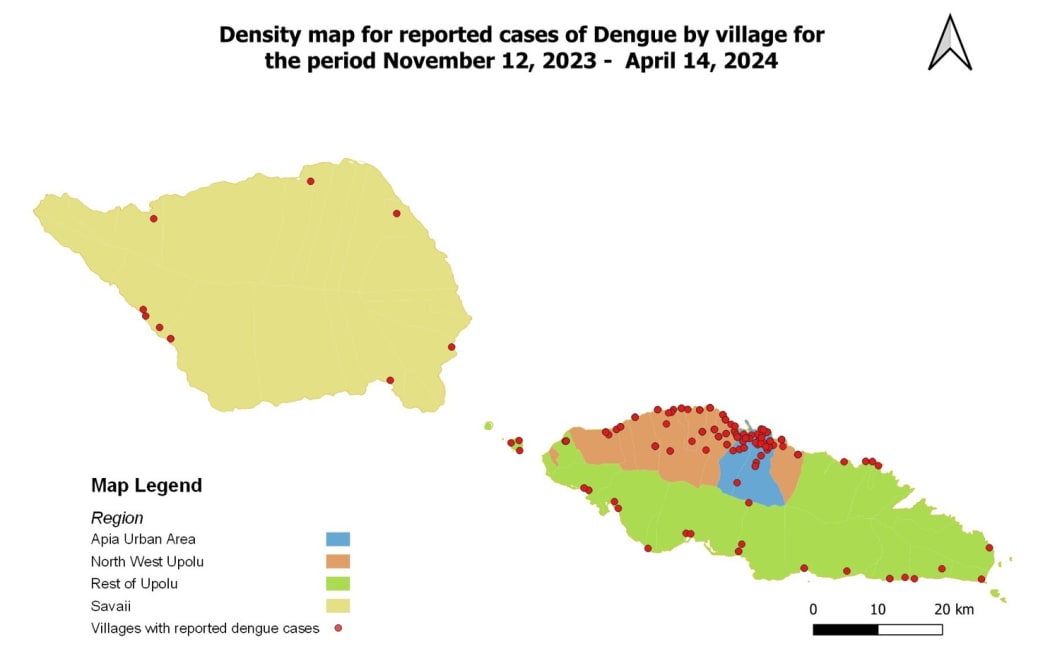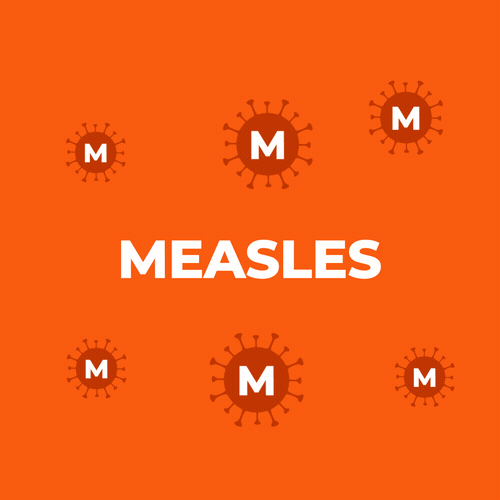Los investigadores están investigando por qué algunas personas tienen actitudes fuertes hacia la ciencia mientras que otras son más neutrales.
Una encuesta de más de 2000 adultos en el Reino Unido identificó los peligros potenciales de la comunicación científica.
¿Por qué las personas tienen actitudes muy diferentes hacia la ciencia bien documentada? Durante muchos años, los investigadores se han centrado en lo que la gente sabe sobre ciencia, creyendo que «saber ciencia es amarla». Pero también lo hacen las personas que creen que saben de ciencia. En realidad saber ciencia? Un nuevo estudio publicado el 24 de eneroy En diario de acceso abierto Biología MÁS Escrito por Christina Fonseca de la Sociedad de Genética del Reino Unido; Lawrence Hirst del Centro Milner para la Evolución de la Universidad de Bath, Reino Unido; y colegas, que las personas con actitudes fuertes tienden a creer que entienden la ciencia, mientras que los neutrales tienen menos confianza. En general, el estudio reveló que las personas que tienen fuertes actitudes negativas hacia la ciencia tienden a confiar demasiado en su propio nivel de comprensión.
Ya se trate de vacunas, cambio climático o alimentos genéticamente modificados, la ciencia socialmente importante puede suscitar actitudes poderosas y contradictorias. Comprender cómo se comunica la ciencia requiere comprender por qué las personas pueden adoptar posiciones tan diferentes sobre la misma ciencia básica. El nuevo estudio encuestó a más de 2000 adultos en el Reino Unido y les preguntó acerca de sus actitudes hacia la ciencia y su creencia en su propia comprensión. Algunos análisis previos han encontrado que las personas que son negativas sobre la ciencia tienden a tener un conocimiento relativamente bajo de los libros de texto, pero una fuerte confianza en sí mismos en su propia comprensión. Con esta idea como base, el equipo se dispuso a preguntarse si una fuerte creencia en uno mismo sustenta todas las posiciones fuertes.
El equipo se centró en la genética e hizo preguntas sobre actitudes, como: «Muchas de las afirmaciones sobre los beneficios de la genética moderna son muy exageradas». La gente puede decir cuánto está de acuerdo o en desacuerdo con tal afirmación. También hicieron preguntas sobre qué tan bien pensaban que entendían tal ciencia, incluyendo: «Cuando escuchas el término[{» attribute=»»>DNA, how would you rate your understanding of what the term means.” All individuals were scored from zero (they know they have no understanding) to one (they are confident they understand). The team discovered that those at the attitudinal extremes – both strongly supportive and strongly anti-science – have very high self-belief in their own understanding, while those answering neutrally do not.
Psychologically, the team suggest, this makes sense: to hold a strong opinion you need to strongly believe in the correctness of your understanding of the basic facts. The current team could replicate the prior results finding that those most negative tend also not to have high textbook knowledge. By contrast, those more accepting of science both believe they understand it and scored well on the textbook fact (true/false) questions.
When it was thought that what mattered most for scientific literacy was scientific knowledge, science communication focused on passing information from scientists to the public. However, this approach may not be successful, and in some cases can backfire. The present work suggests that working to address the discrepancies between what people know and what they believe they know may be a better strategy.
Professor Anne Ferguson-Smith, President of the Genetics Society and co-author of the study comments, “Confronting negative attitudes towards science held by some people will likely involve deconstructing what they think they know about science and replacing it with more accurate understanding. This is quite challenging.”
Hurst concludes, “Why do some people hold strong attitudes to science whilst others are more neutral? We find that strong attitudes, both for and against, are underpinned by strong self-confidence in knowledge about science.”
Reference: “People with more extreme attitudes towards science have self-confidence in their understanding of science, even if this is not justified” by Cristina Fonseca, Jonathan Pettitt, Alison Woollard, Adam Rutherford, Wendy Bickmore, Anne Ferguson-Smith and Laurence D. Hurst, 24 January 2023, PLOS Biology.
DOI: 10.1371/journal.pbio.3001915
The work was enabled by funding from The Genetics Society to the Chair of their Public Engagement committee (AW). No grant number specified. The funders had no role in study design, data collection and analysis, decision to publish, or preparation of the manuscript.

«Erudito en viajes incurable. Pensador. Nerd zombi certificado. Pionero de la televisión extrema. Explorador general. Webaholic».







